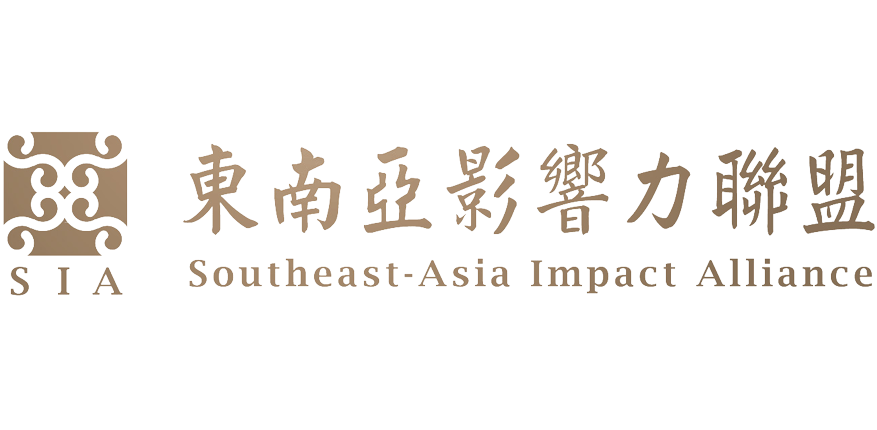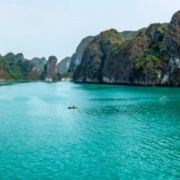Vietnam Investment: Investing in the Tourism Industry
Vietnam boasts a rich history, culture, and magnificent natural landscapes, attracting an increasing number of tourists. In recent years, the development of Vietnam’s tourism industry has shown a trend towards diversification and scaling, focusing mainly on cultural tourism, island tourism, eco-tourism, and leisure vacations. Consequently, not only have local Vietnamese companies accelerated their development in the tourism sector, but many foreign investors have also eagerly entered the Vietnamese tourism industry, including investments in hotels, cruises, tourist facilities, and travel services, among others.

Vietnam boasts a rich historical and cultural heritage and breathtaking natural landscapes (Image source: jet dela cruz@unsplash)
Advantages of Investing in Vietnam’s Tourism Industry
1. Vietnam offers a wealth of natural and cultural resources, including beautiful beaches, spectacular mountain ranges, ancient temples, and castles, among others. Investors can consider investments in hardware such as resort hotels, tourism and dining facilities, as well as tourism services such as developing related products for tourist attractions.
2. Vietnam’s central location in Southeast Asia makes it easily accessible, attracting numerous foreign travelers. In 2019, Vietnam received approximately 18.5 million international visitors, a 16.2% increase compared to 2018. China, South Korea, and Japan were among the largest overseas visitor markets in 2019, all of which are high-spending countries. Vietnam reopened its borders early after the COVID-19 pandemic, and it is expected that the tourism industry will experience explosive growth in 2023 compared to the previous years.
3. The Vietnamese government has been actively promoting the development of the tourism industry by investing in infrastructure, streamlining visa procedures, and improving the quality of tourism. Furthermore, local governments across Vietnam are actively developing tourism and promoting local tourism products, attracting more visitors. This presents a great opportunity for tourism industry investors.

Vietnam is located in the center of Southeast Asia and has convenient transportation, attracting many foreign tourists (Photo source: Georgios Domouchtsidis@unsplash)
Risks in Investing in Vietnam’s Tourism Industry
1. Vietnam’s environmental awareness and regulatory framework are relatively weak. Some tourism projects may have the potential to negatively impact the local environment, leading to increased management and regulatory costs.
2. Certain regions in Vietnam may have security and political risks. Investors in Vietnam’s tourism industry should be cautious and stay informed about potential risks in specific areas.
3. Competition in Vietnam’s tourism industry is continuously intensifying. Investors in Vietnam’s tourism products need to have a competitive edge and innovation capabilities to establish a foothold in this highly competitive market.

Competition in Vietnam’s tourism industry is intensifying (Image: Degaharu Tekouha@unsplash)
Considerations for Investing in Vietnam’s Tourism Industry
1. Investors should pay attention to local labor rights and environmental protection issues. Ensuring the protection of labor rights and the environment in investment operations is essential.
2. Investors should strive to improve management and service quality, offering high-quality tourism products and services to meet the needs of travelers and enhance customer satisfaction.

Investors need to pay attention to local labor rights and environmental protection issues (Source: Lewis J Goetz@unsplash)



